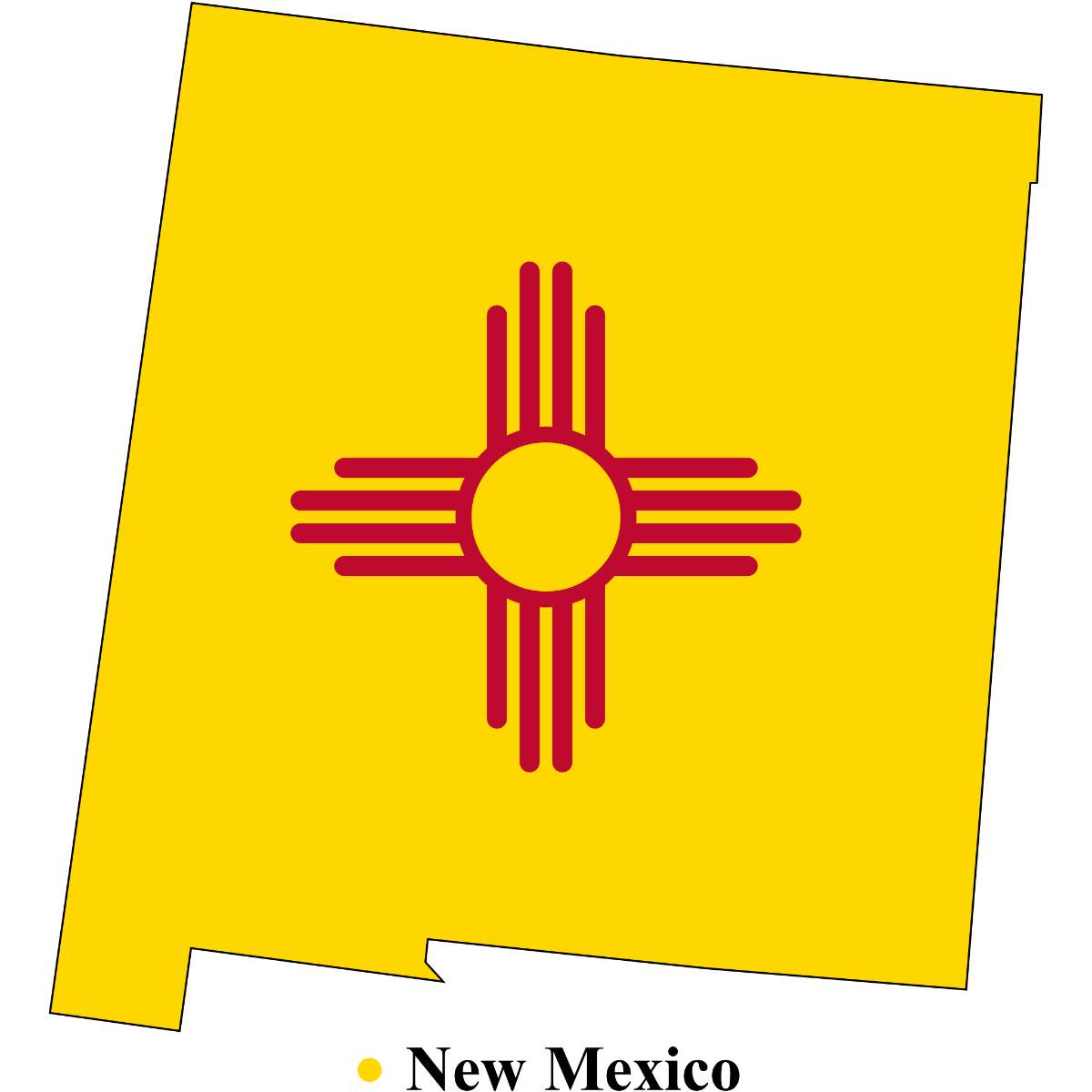Direct answer: Yes, New Mexico has implemented a Zero-Emission Vehicle (ZEV) mandate to progressively increase the supply of ZEVs on its roads and reduce greenhouse gas emissions.
The proliferation of zero-emission vehicles forms a crucial part of the state’s bold strategy towards clean transportation and sustainable mobility.
I understand your need for clarity on this topic, especially considering its profound impact on our environment and our future.
With extensive research and a thorough understanding, I aim to shed light on New Mexico’s ambitious clean car rule, comparing it with other states’ regulations, while exploring the overarching goal of these mandates that revolve around renewable energy efforts.
Whether you’re an environmental enthusiast or simply curious about alternative fuel vehicles legislation in your state, this article is designed for you.

Key Takeaways
| 1 | New Mexico has a Zero-Emission Vehicle (ZEV) mandate. The rules demand that automakers annually supply an increasing percentage of new zero-emission cars and light-duty trucks for sale in the state. |
| 2 | The ZEV mandate sets the goal that by the year 2032, about 82% of all new vehicles delivered by automakers to New Mexico should be zero-emission vehicles. |
| 3 | The ZEV mandate is part of the state’s effort to reduce emissions and promote cleaner transportation, adopting similar initiatives found in states like California. This aligns with broader strategies focused on advancing clean transportation and reducing harmful emissions. |
Understanding New Mexico’s Zero-Emission Vehicle (ZEV) Mandate
New Mexico indeed has a Zero-Emission Vehicle (ZEV) mandate. Under this mandate, automakers are required to supply an increasing percentage of new zero-emission cars and light-duty trucks for sale in the state each year.
The aim of this mandate is to promote cleaner transportation options and reduce emissions, contributing to overall sustainable mobility. The focus on zero-emission vehicles, including electric vehicles that utilize clean energy and alternative fuel vehicles, is part of the state’s push towards renewable energy as a means to mitigate greenhouse gas emissions.
This ZEV mandate does not only affect consumers; it also has repercussions for automakers. To comply with these emission standards, manufacturers have to work towards vehicle electrification, further encouraging innovation in the area of sustainable mobility.
For more information about zero-emission vehicle mandates by US states, please visit my article Which Are The Zero Emission Vehicle US States.
Increasing the Supply of ZEVs: The Roadmap to 2032
The New Mexico ZEV mandate sets progressive targets for automakers. By 2032, approximately 82% of all new vehicles delivered by automakers to New Mexico must be zero-emission vehicles.
This roadmap not only ensures a steady increase in the supply of ZEVs but also encourages innovation among manufacturers and suppliers. This will potentially lead to advancements in battery technologies, charging infrastructure development, and electric motor efficiency.
As we move closer towards 2032, consumers can expect more affordable and diverse options when considering the purchase of an electric or other alternative fuel vehicle. For more information about ZEVs including their benefits and challenges visit my article: Zero Emission Vehicle Everything You Need To Know.
The Clean Car Rule and Its Effective Date
In alignment with similar initiatives across states like California, New Mexico’s Clean Car Rule was expected to take effect from July 1.
This rule is part of broader strategies aimed at advancing clean transportation and reducing harmful emissions that contribute significantly towards global warming.
The implementation date marks a key milestone in promoting sustainable mobility and improving air quality for residents while aligning with global efforts on climate change mitigation. Learn more about California’s ZEV rules by reading my article California’s Zero Emission Vehicle Mandate Explained.
Comparing New Mexico’s Approach with Other States
New Mexico’s approach follows similar strategies employed by other states committed to promoting clean transportation. Among these states is California which has been leading efforts on vehicle electrification through its own aggressive ZEV mandates set by the California Air Resources Board (CARB).
However, every state has its unique challenges – from geographical constraints affecting infrastructure deployment to varying consumer behavior trends – making it essential that individualized strategies be formulated alongside adopting successful models from leading states.
For an overview on CARB’s role you can refer to my article Understanding The Role Of The California Air Resources Board.
Cleaner Transportation for a Greener Tomorrow:The Ultimate GoalofZEVMandates
The ultimate goal of ZEV mandates, such as those implemented by New Mexico, goes beyond just reducing greenhouse gas emissions. It aims at fostering a culture of sustainable mobility where cleaner transportation becomes the norm rather than the exception.
By incentivizing manufacturers and accelerating consumer adoption of zero-emission vehicles, these mandates are driving us toward a greener future. In this future, renewable energy plays a significant role in our daily lives. This is not only beneficial for public health but also brings us closer to realizing our climate change commitments.
With every new electric or alternative fuel vehicle on the road, we replace a traditional gas-guzzling car. This reduces our carbon footprint and brings us closer towards an era of clean transportation and a green economy. For official information about Zero Emission Vehicles by the US government, please visit https://www.epa.gov/greenvehicles.
Conclusion
New Mexico’s Zero-Emission Vehicle (ZEV) mandate signifies a notable commitment to reducing harmful emissions and promoting the use of cleaner transportation, with regulations stipulating that by 2032, around 82% of all new vehicles sold in the state should be zero-emission vehicles.
The enactment of this mandate aligns New Mexico with other states pursuing similar eco-friendly initiatives and underscores the growing emphasis on advancing clean transportation nationwide.
- Tesla Charger Installation Cost (Home Setups) - March 1, 2024
- Tesla Phone Key Disconnected (Troubleshooting Guide and Quick Fixes) - March 1, 2024
- Tesla FSD 12 (Explained) - March 1, 2024